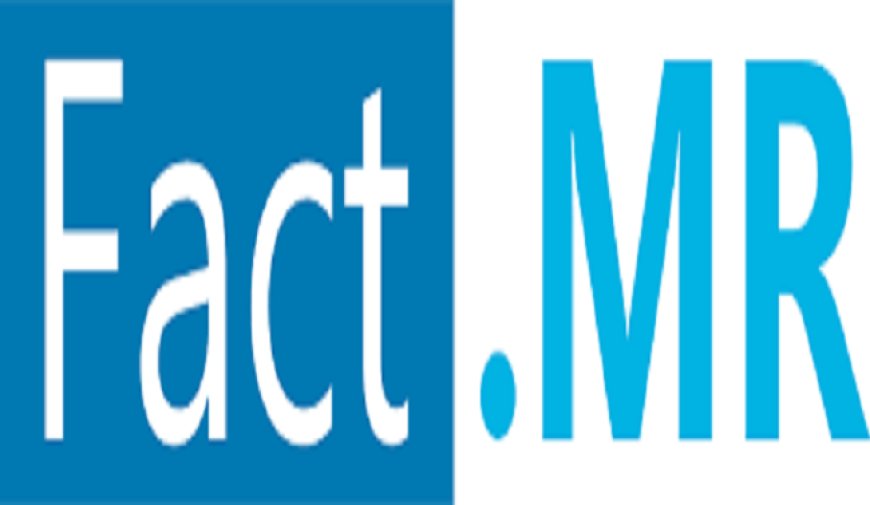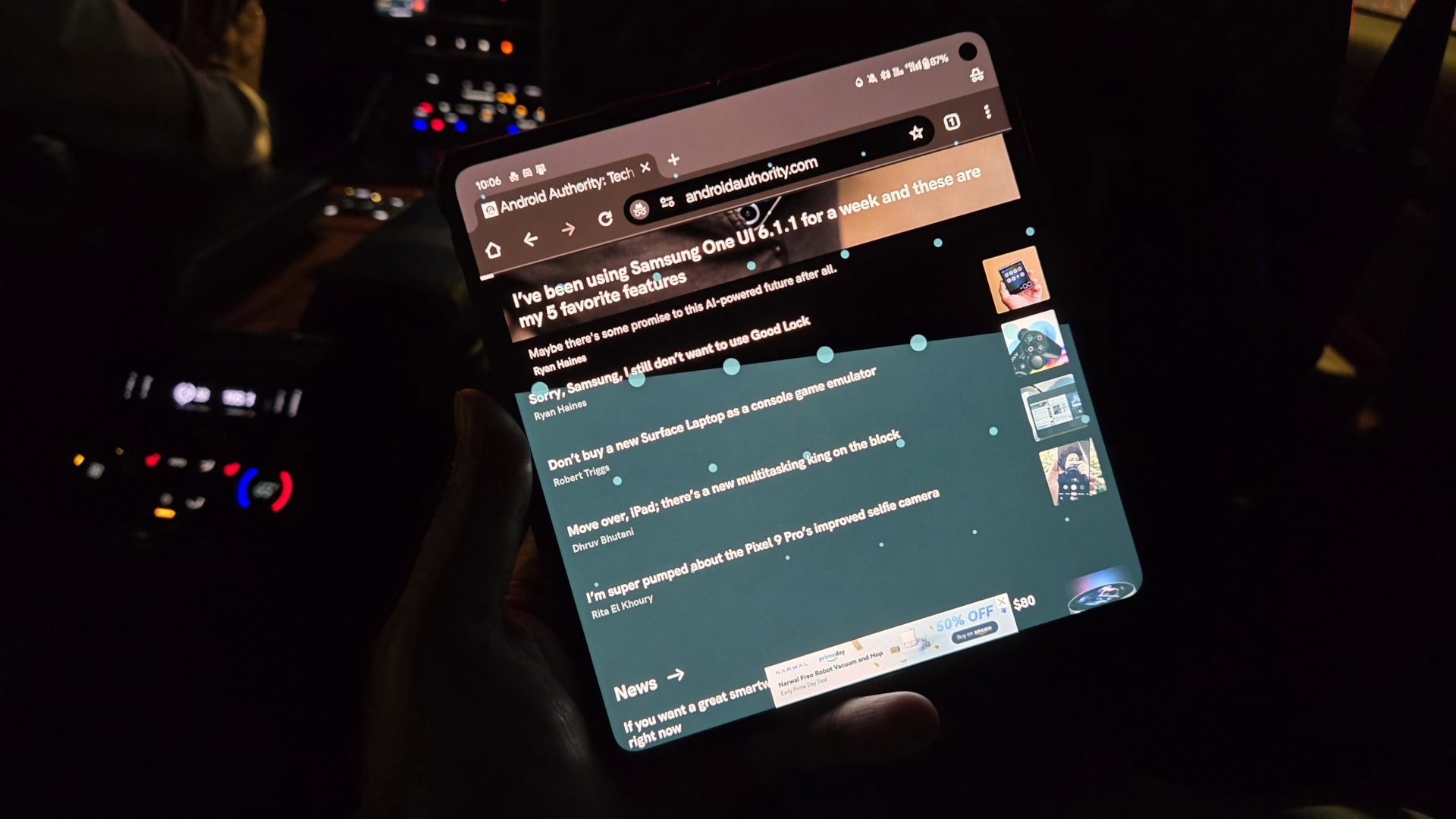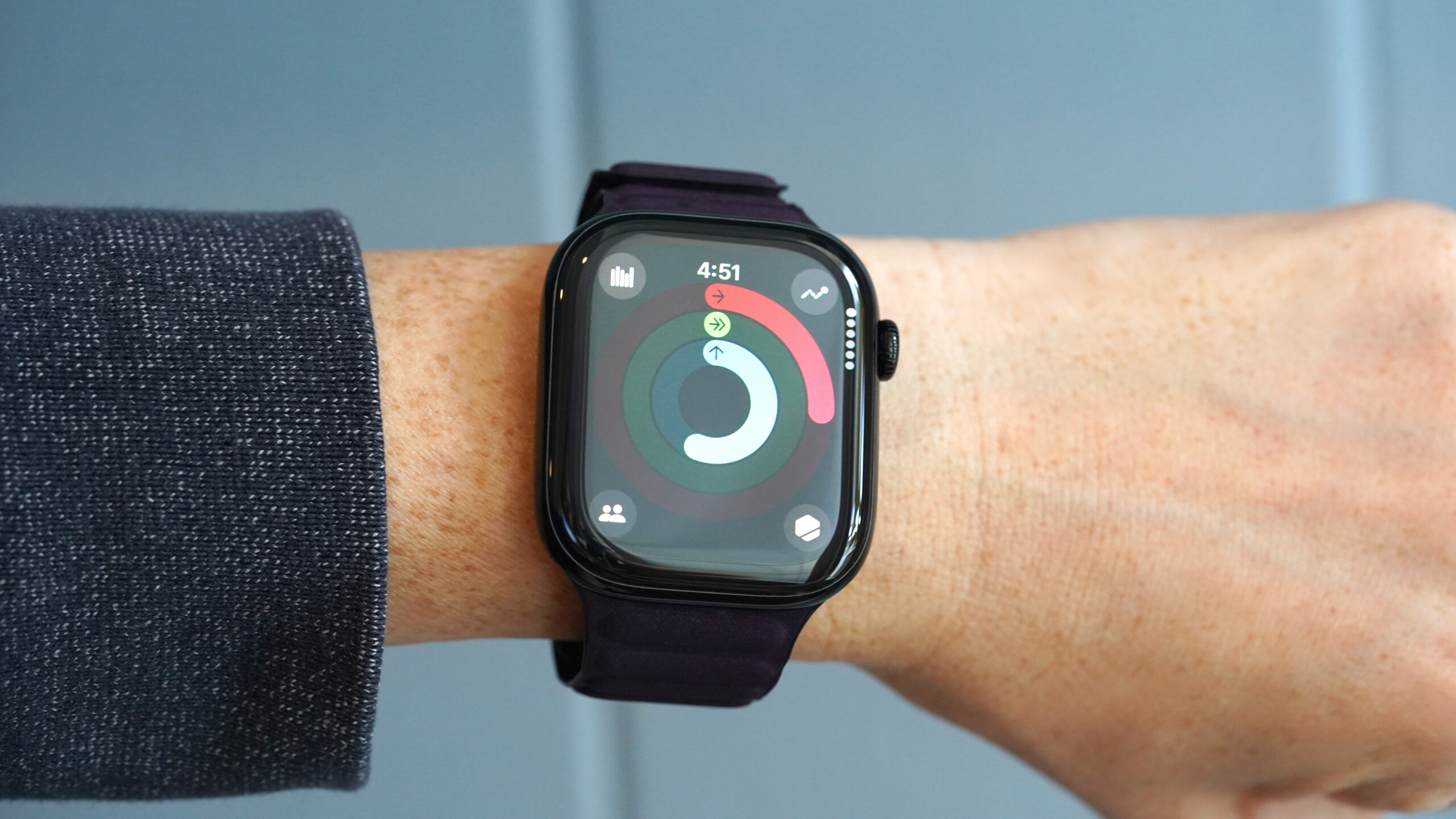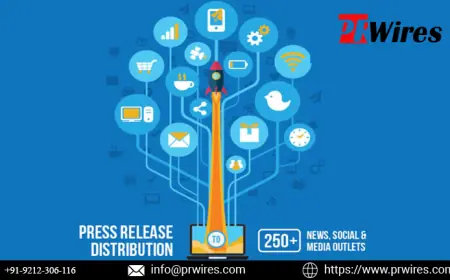Manual Lensometers Remain the Most Profitable Segment in 2023
The global lensometers market was valued at US$ 312.6 million in 2023 and is projected to grow at a CAGR of 5.1%, reaching US$ 514.1 million by 2033.

The global lensometers market was valued at US$ 312.6 million in 2023 and is projected to grow at a CAGR of 5.1%, reaching US$ 514.1 million by 2033.
The lensometers market is an integral part of the optical equipment industry, offering devices designed to measure the prescription of eyeglass lenses. These instruments are essential in both optometry and ophthalmology practices, ensuring precise measurements of lens power for vision correction. Lensometers are used to determine the sphere, cylinder, and axis of lenses, helping practitioners to provide accurate prescriptions for their patients. The market for lensometers has been steadily expanding, driven by the rising global prevalence of vision disorders, the increasing adoption of advanced optical technologies, and the growing demand for high-quality eyewear. The market includes various types of lensometers, such as manual and automatic models, catering to different segments of the optical healthcare industry.
Market Insights
In recent years, the lensometers market has seen notable advancements in technology, particularly with the introduction of digital and automated lensometers. These modern devices are equipped with digital displays, advanced sensors, and automated features that improve efficiency and accuracy in lens measurement. These innovations help opticians and ophthalmologists enhance their workflow, reduce human error, and streamline the overall process of eyeglass fitting. The demand for automated lensometers, which require minimal manual intervention, has increased, especially in busy practices where time efficiency is a priority. Additionally, the rising trend of online eyewear retailing has further fueled the need for precise lens measurement tools, leading to greater market growth.
Future Outlook
The future of the lensometers market looks promising, with ongoing technological advancements set to drive further growth. Innovations such as smart lensometers, which integrate software with hardware for real-time data analysis, are expected to revolutionize the market. Moreover, with the continuous rise in the global aging population, which typically requires increased optical care, the demand for lensometers will likely continue to rise. The increasing number of vision correction procedures, including refractive surgeries, and the growing use of eyewear in both medical and cosmetic applications, will also play a key role in shaping the future of this market. Moreover, emerging markets in Asia-Pacific, where access to optical healthcare is expanding, present substantial opportunities for the lensometers market to grow.
List of Key Companies Profiled in The Report
- Topcon corporation
- Tomey Corporation
- Haag Streit AG
- Nidek Co Ltd
- Heine Optotechnik GmbH & Co KG
- Carl Zeiss AG
- Others
Recent Industry News
In recent industry news, the lensometers market has been influenced by developments in digital technology and the integration of advanced features into optical measurement devices. Some companies have introduced innovative lensometers with touch-screen interfaces, voice assistance, and enhanced calibration for more accurate readings. The market has also seen collaborations between optical equipment manufacturers and eyewear brands, as they work together to enhance product offerings and create solutions that cater to the evolving needs of the optical industry. Furthermore, the trend toward automation in the optical field has led to the introduction of lensometers with fully automated systems for measuring and recording lens prescriptions, which has significantly improved the efficiency of optical practices.
Notable Developments
One of the most notable developments in the lensometers market is the shift from traditional manual lensometers to digital and automatic versions, which offer enhanced functionality and ease of use. These modern devices have incorporated features such as automatic lens detection, measurement of lens curvature, and enhanced data storage for tracking patient prescriptions over time. The introduction of mobile and portable lensometers is another significant development, providing opticians and ophthalmologists with the flexibility to conduct lens measurements at different locations, such as home visits or in remote areas. Furthermore, advancements in software integration have allowed lensometers to seamlessly connect with other optical instruments, providing a more holistic approach to vision correction and patient care. The ongoing development of smart lensometers, which can connect to cloud-based platforms for real-time prescription updates, is set to play a key role in the future of the market.
Competitive Landscape
Key players in the lensometer market focus on designing and manufacturing devices that surpass industry standards. Innovations such as connected devices and the Internet of Things (IoT) are expected to drive future market growth. Manufacturers are also prioritizing the development of error-free lensometers to enhance both customer and user experiences.
Industry Developments:
In March 2022, Topcon Healthcare launched the SOLOS automated lens analyzer. This multifunctional instrument simplifies workflows by combining a full-range spectrometer with complete automation, supporting the company's global expansion.
What's Your Reaction?
 Like
0
Like
0
 Dislike
0
Dislike
0
 Love
0
Love
0
 Funny
0
Funny
0
 Angry
0
Angry
0
 Sad
0
Sad
0
 Wow
0
Wow
0

















































